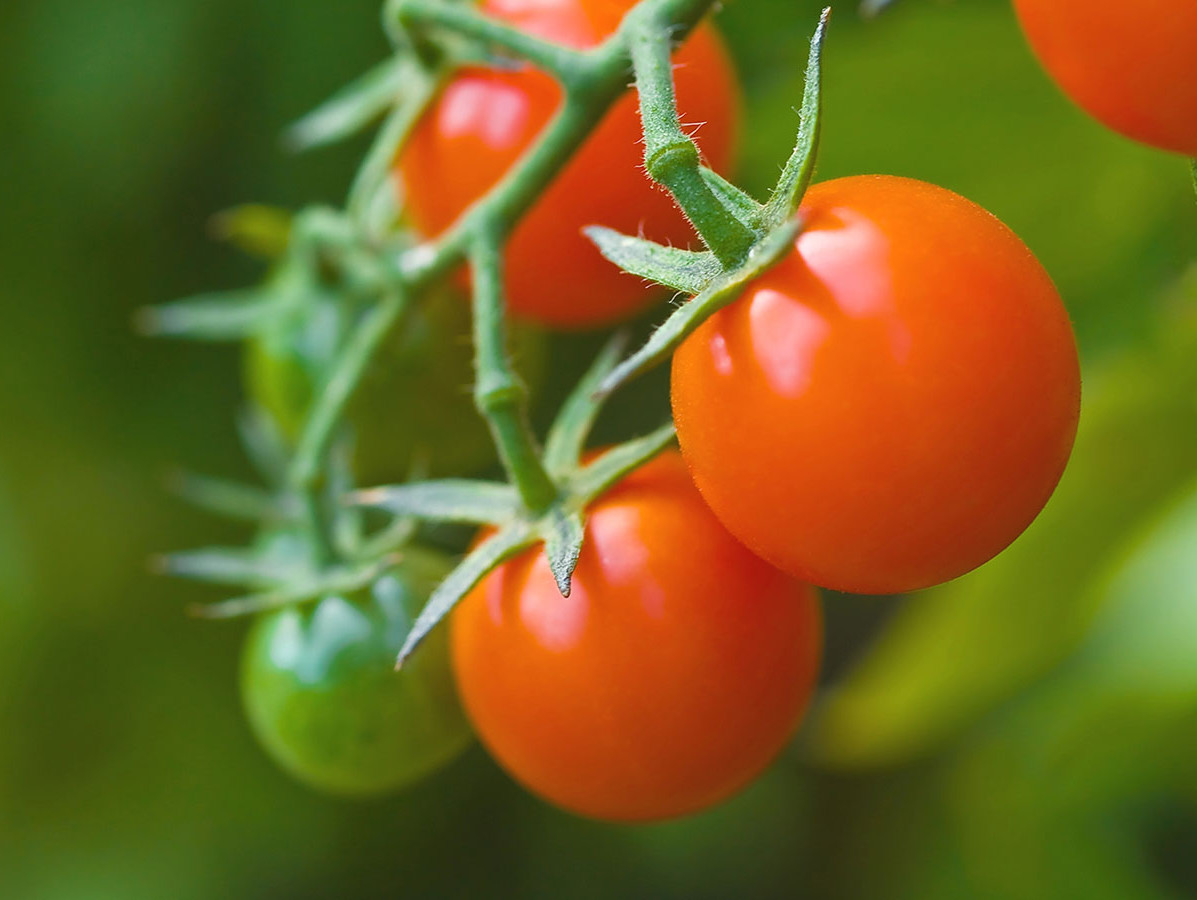
The European Parliament is about to vote on significant new legislation affecting the agricultural sector, particularly in the area of seeds and plant materials. This could have major implications for the availability of vegetable and fruit varieties in Dutch supermarkets.
The legislation, which focuses on the trade in seeds, vegetable plants, fruit trees, and seed potatoes, has significant flaws according to LTO Nederland. The organization warns of a decrease in the diversity of available plant materials. This could make it more difficult for growers to access new, more sustainable varieties, potentially hindering the sustainability of cultivation.
Breeders face additional obstacles due to sustainability obligations in the new proposals. This results in fewer new varieties and delays in their availability. Specific market segments, such as the cultivation of cherry tomatoes and Romanesco cauliflower, could eventually be left without new varieties.
Another concern is the heightened barrier for importing seeds and plants from outside the EU. Dutch growers, who rely on plant materials from Morocco for the cultivation of leeks and strawberries, could face difficulties. Additionally, LTO fears an increase in phytosanitary risks due to the potential for uncertified trade flows that the new legislation might allow.
LTO's criticism is clear: without adjustments, the new regulations will not only obstruct the intended sustainability but also complicate the practical execution of agriculture. The organization is calling for a revision of the proposal to address these fundamental issues.
Source: LTO Nederland